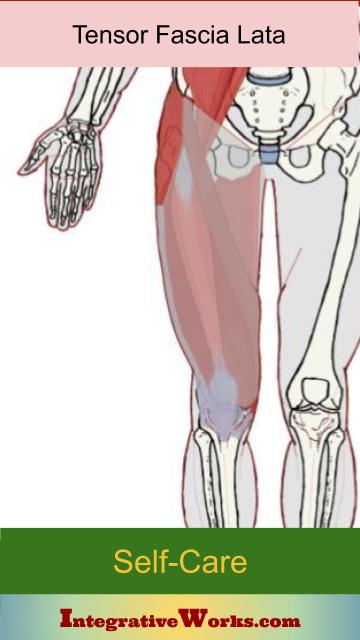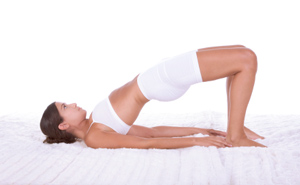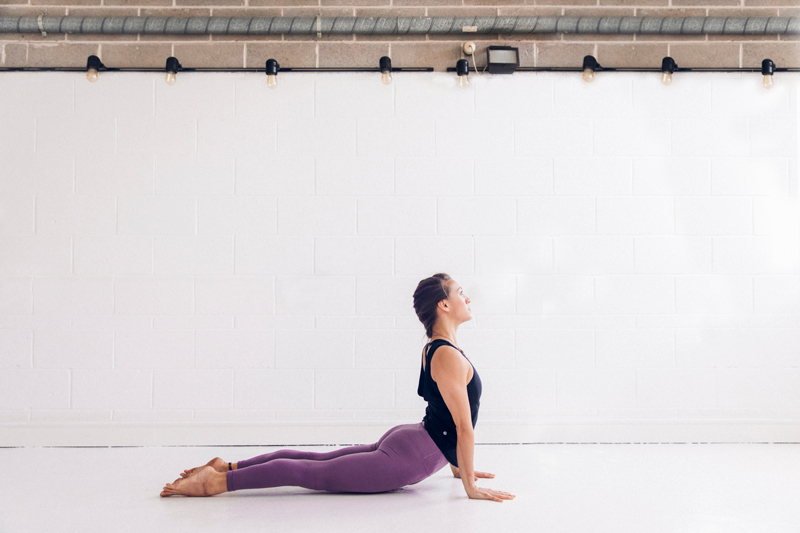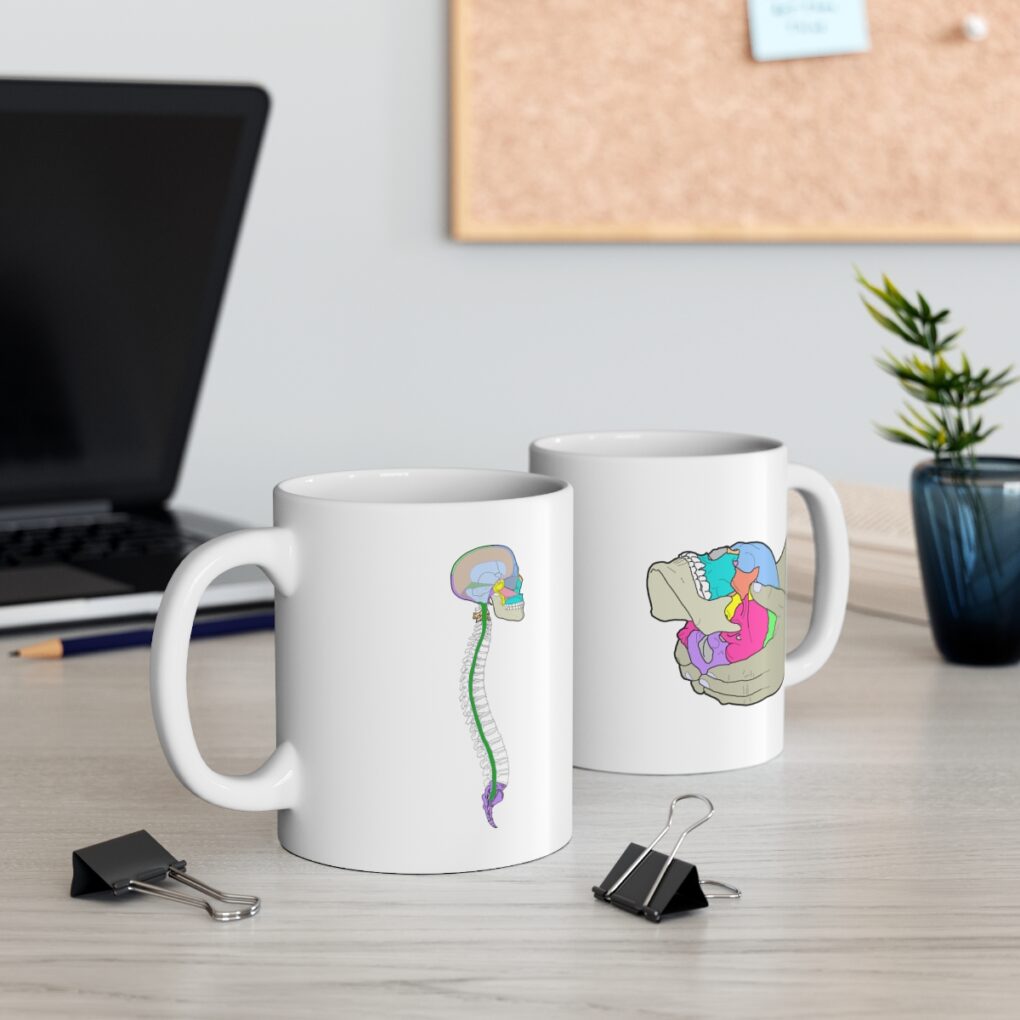Table of Contents
- Activities to Avoid or Change
- For Temporary Relief
- Stretches and Exercises for Longer-Lasting Relief
- Yoga Corner
Overview
This post focuses on self-care strategies for tensor fascia lata. It produces pain and tingling along the side of the thigh that may extend to the front of the shin and big toe. You can read more about how people describe those patterns in this other post.
Activities To Avoid or Change:

Sitting
Avoid sitting while keeping the hip sharply flexed for long periods. Frequently, this leaves the muscle tight, making it stiff and more likely to compress the nerve when the hip is straightened. Doing this while wearing tight pants, like jeans, will compress the nerve and create tingling while still seated.
Sleeping
Sleeping in a fetal position tends to make this muscle stiff. Consequently, the thigh is tingly and numb upon waking. Sometimes, a pillow between the knees will help.
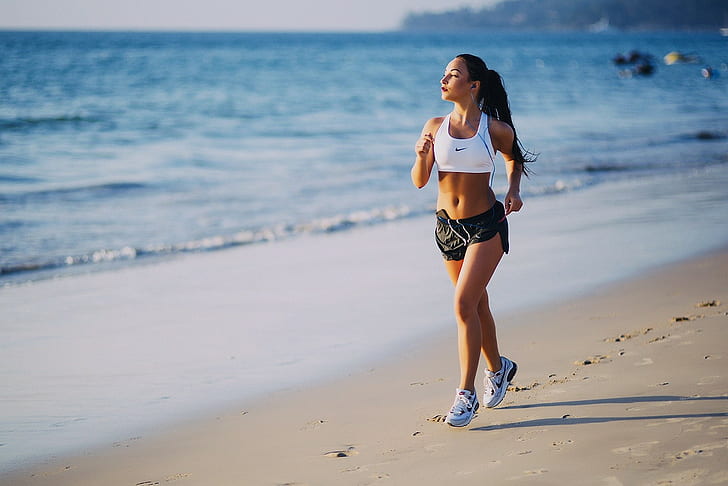
Shifting Gait in Sports
Sports activities with aggressive or imbalanced hip flexion with a tilt, like skiing, running (or walking) on the beach, volleyball, etc., can aggravate pain and tingling along the side of the thigh as this muscle is very involved in balancing the hip while you are upright.

Counter Seating
Sitting at a counter, massage table or on public transportation without adequate legroom or with your legs crossed for long periods can aggravate a latent trigger point.
These self-care activities, like over-the-counter drugs, are not intended to replace appropriate medical attention. If you have concerns about these self-care activities, get help from a professional. Use these suggestions and strategies with discretion and at your own risk. See your doctor when your pain is severe, persistent, or not responding to these simple suggestions.
Stretches and Exercises for Longer-Lasting Relief:
Lunges
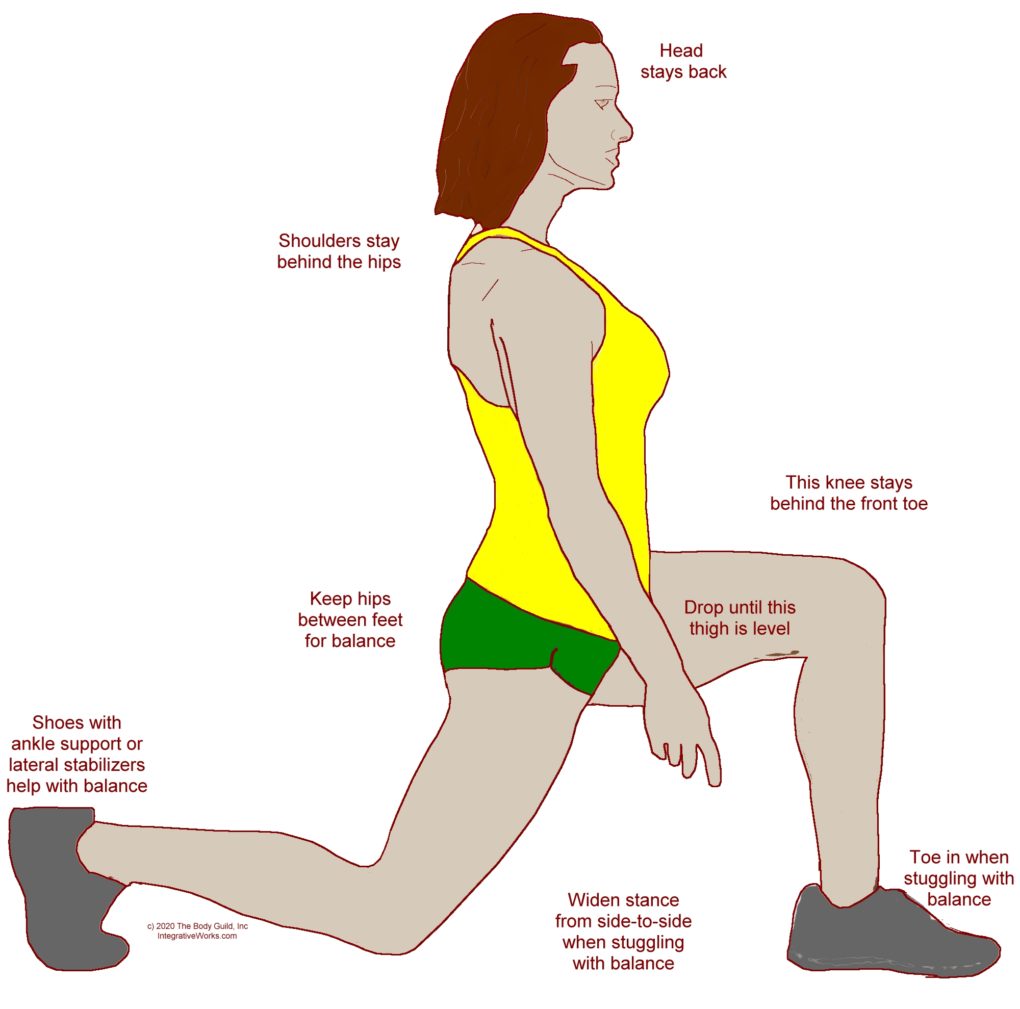
Walking lunges are great self-care for pain and tingling along the side of the high. Lunges retrain the movement of the hips, strengthen the hamstrings, strengthen the erectors, and lengthen the hip flexors that support the shortened TFL. Ensure the knee is behind the hip at the bottom of the movement.
Do 5 sets of 12 with about one minute of rest in between.
I’d love your feedback on how this works for you and any suggestions you might have.
Email me at integrativeworks@gmail.com.
Yoga Corner
Bridges
Bridges are also great self-care for relief of the pain and tingling along the side of the thigh. They actively extend the hip, use reciprocal inhibition, and train the opposing muscles to engage. Additionally, bridges work better for older clients. Do them following the AIS guidelines. Keep your knees together and gently raise the hips a bit more on each rep until you can’t see your knees.
Opening the Front of the hip
Upward Facing Dog, Cobra, Back Bends, and other poses that extend the hips will stretch the tensor fascia lata. Notably, this practitioner extends the hips more and her low back less. This focuses on the hip flexors, like tensor fascia lata, that connect the ilium to the leg.
Support Integrative Works to
stay independent
and produce great content.
You can subscribe to our community on Patreon. You will get links to free content and access to exclusive content not seen on this site. In addition, we will be posting anatomy illustrations, treatment notes, and sections from our manuals not found on this site. Thank you so much for being so supportive.
Cranio Cradle Cup
This mug has classic, colorful illustrations of the craniosacral system and vault hold #3. It makes a great gift and conversation piece.
Tony Preston has a practice in Atlanta, Georgia, where he sees clients. He has written materials and instructed classes since the mid-90s. This includes anatomy, trigger points, cranial, and neuromuscular.
Question? Comment? Typo?
integrativeworks@gmail.com
Interested in a session with Tony?
Call 404-226-1363
Follow us on Instagram

*This site is undergoing significant changes. We are reformatting and expanding the posts to make them easier to read. The result will also be more accessible and include more patterns with better self-care. Meanwhile, there may be formatting, content presentation, and readability inconsistencies. Until we get older posts updated, please excuse our mess.
